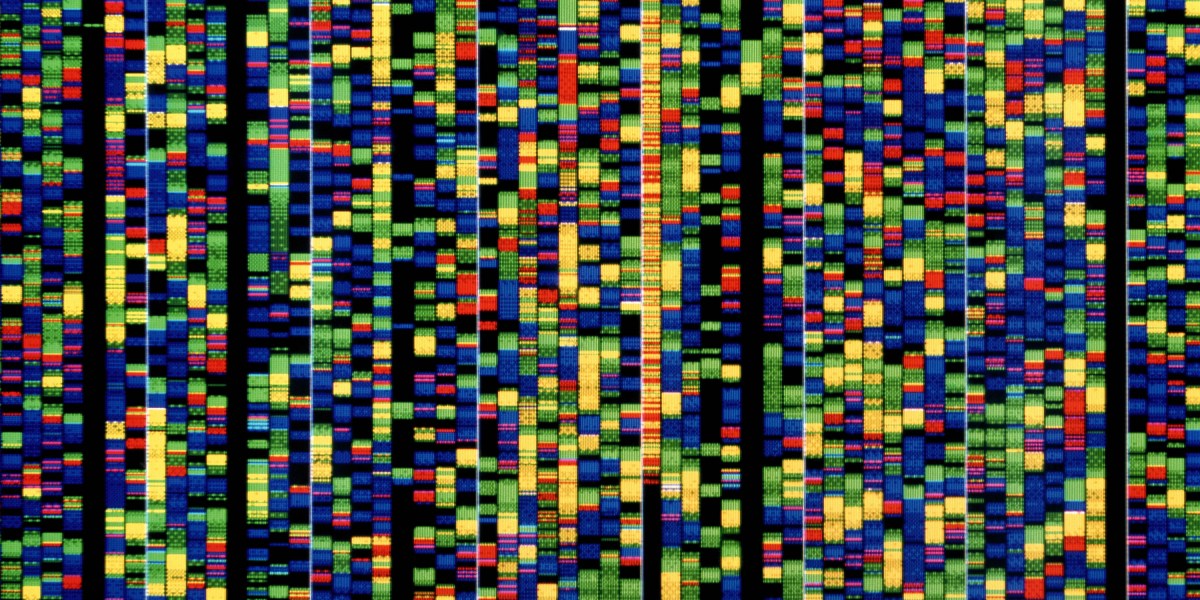Google DeepMind unveiled AlphaGenome on 25 June 2025, an AI model capable of processing DNA sequences up to 1 million letters long and predicting thousands of molecular properties simultaneously. The model focuses on interpreting non-coding regions that comprise 98% of the human genome and play crucial roles in regulating gene activity. AlphaGenome proves particularly valuable for rare genetic disease research, where patients never learn the source of their condition even when their DNA has been decoded. According to Pushmeet Kohli, a vice president for research at DeepMind, we have, for the first time, created a single model that unifies many different challenges that come with understanding the genome.
Building on Google DeepMind's previous successes – AlphaFold won the Nobel Prize in 2024 for predicting protein 3D structures – AlphaGenome unifies a broad spectrum of genomic challenges in a single model, requiring only four hours of training time and using half the computational resources of the previous Enformer model. AlphaGenome matched or exceeded top-performing external models in 24 out of 26 evaluations for predicting genetic variant effects, whilst outperforming the best external models in 22 out of 24 DNA sequence tasks. Professor Julien Gagneur from the Technical University of Munich states the model is instrumental in narrowing down which ones mess up proper gene expression, while Caleb Lareau, a computational biologist at Memorial Sloan Kettering Cancer Center, calls it the most powerful tool to date to model that.
The AI system uses the transformer architecture invented at Google that also powers large language models like GPT-4 and is available free of charge for non-commercial research through the AlphaGenome API. AlphaGenome uniquely offers high-resolution prediction for long input sequences and novel splice-junction modelling, particularly important for diseases such as spinal muscular atrophy and some forms of cystic fibrosis. AlphaGenome can be applied in three main research areas: disease understanding, synthetic biology, and fundamental research, and is especially suitable for studying rare variants with potentially large effects, such as those causing rare Mendelian disorders.
Sources:













